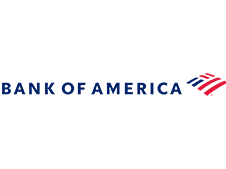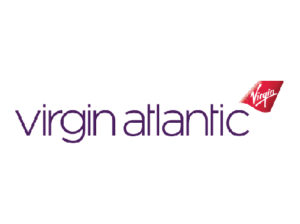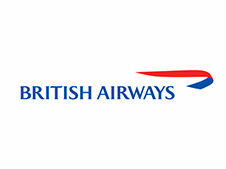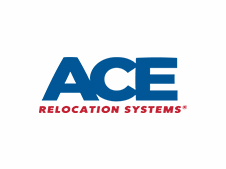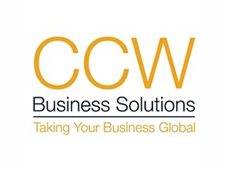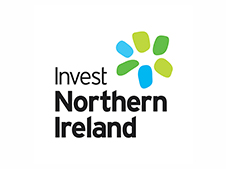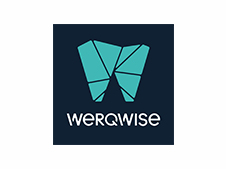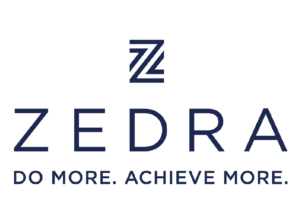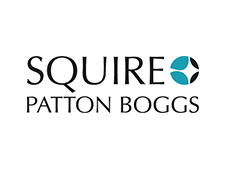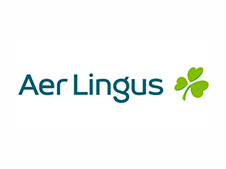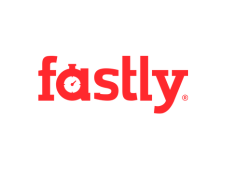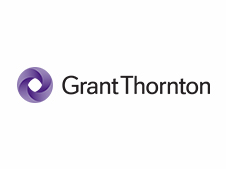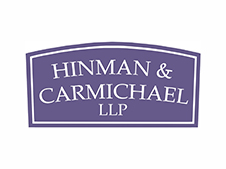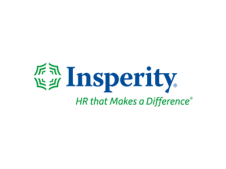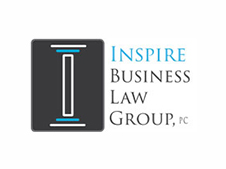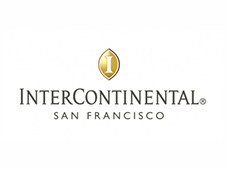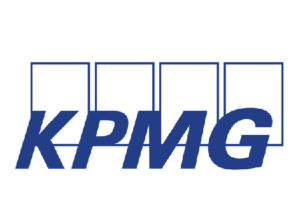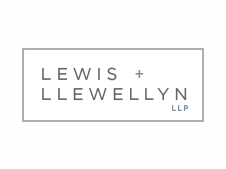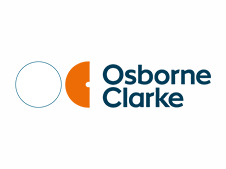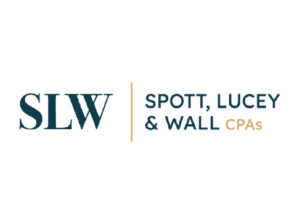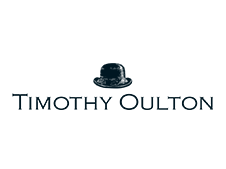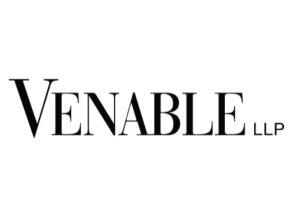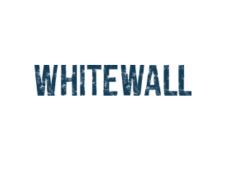WHAT IS “MODERN SLAVERY”?
Reference to modern slavery in this context means slavery, servitude and forced or compulsory labour; and human trafficking. To put it in its global context: the International Labour Organization (ILO) estimates that the profit generated by forced labour alone is $US150 billion annually, with 21 million people worldwide being victims of forced labour.
There is growing worldwide recognition of the role responsible business can and should play in tackling modern slavery. In part this is because one of the problems of businesses seeking lower prices for their goods and services directly from lower cost countries is the continuing failure of national rule of law and practice in some of those countries to effectively enforce their own labour laws or protect human rights. In introducing the Act, the Rt Hon Theresa May, Home Secretary, highlighted, “By increasing supply chain accountability, more workers will be protected and consumers will have greater confidence in the goods and services they buy. That is why the transparency in supply chains provision is world leading and will bring about the change that is so vitally needed”. Indeed the Government’s guidance to the Act provides: “Organisations have a legal duty to drive out poor labour practices in their business and a moral duty to influence and incentivise continuous improvements in supply chains”.
COMMERCIAL ORGANISATIONS
The definition of ‘commercial organisation’ under the Act is very wide and there is no minimum level of business that must be carried on in the UK itself, so the new provisions are likely to be applicable to a large number of organisations and groups that have some commercial presence in the UK. Some organisations, including UK quoted companies that are required to produce a Strategic Report, and some entities with a US presence that are subject to the California Transparency in Supply Chains Act 2010, will already report on human rights and slavery issues and the effectiveness of any company policies on these issues and will be well-placed to comply with the new requirements. In addition, some organisations are already adhering to corporate human rights responsibility initiatives, such as the UN Global Compact, the UN Guiding Principles on Business and Human Rights or sector-specific human rights guidance produced by the European Commission. They will no doubt be reviewing existing practices in order to comply with the statement requirement.
TRANSPARENCY STATEMENTS
The Act is not prescriptive in terms of the form or content of a statement. The amount and type of information included will depend on the sector in which an organisation operates (for example, what is required for a retailer with overseas suppliers may be very different to what is required for a professional services firm operating solely in the UK), the complexity of its structure and supply chains and the sectors and countries in which its suppliers operate.
However, a statement should:
- be written in simple language that is easily understood;
- be succinct but cover all relevant points;
- be in English – but may also be in other languages relevant to a particular organisation’s business and supply chains;
- specify steps taken on a country by country basis, where applicable;
- provide appropriate links to other publications, policies and publicly available documents for the organisation; and
- be true and refer to actual steps taken or begun.
The statement must be published on an organisation’s website (where it has one), with a clearly marked link to the statement in a prominent place on the homepage (which could include in a drop down menu). The guidance suggests using a link such as ‘Modern Slavery Act Transparency Statement’. Where an organisation has more than one website, the statement, or a link to it, should be included on each website. Organisations that do not have a website must provide a copy of their statement to anyone who requests it within 30 days of a written request being made.
For those organisations whose global annual turnover exceeds £36 million but which are not already voluntarily reporting on human rights and slavery issues, there is a business need to properly appreciate the Act’s requirements in order to be ready to respond to new commercial and stakeholder requirements. These requirements will have a knock on effect on the businesses’ suppliers too. Suppliers providing goods and services to such businesses can expect, at a minimum, a number of requests for information. This may well be for some a steep learning curve in ethical procurement requirements.
PROACTIVE BUSINESSES WILL BE ADVISED TO CONSIDER:PROACTIVE BUSINESSES WILL BE ADVISED TO CONSIDER: What due diligence they will need to carry out in respect of their supply chains and whether it will be undertaken in-house or outsourced. Some suppliers may well be going to great lengths to hide the fact that they are in some way involved in using, say, forced labour. Audits and compliance-driven approaches are now recognised as being unlikely to identify or uncover hidden cases of slavery or human trafficking. Due diligence advice to businesses will recommend that they consider investigating working conditions with help from expert independent third parties, and hear from workers themselves about their working conditions. Identifying who within their organisation will be responsible for coordinating efforts to investigate and manage the risk of modern slavery in their business and supply chains; Consequently, the cost of the new Act to these businesses will come from how they decide to react; the cost to suppliers will depend upon the level of due diligence and/or contractual obligation requested. Suppliers can reasonably expect existing supplier codes of conduct to be reviewed and serious consideration given to whether contracts ought to include appropriate contractual provisions in order to shoulder the due diligence obligation. Suppliers will need to be ready to respond to requests to review their policies on slavery and human trafficking, and assessments of their effectiveness in ensuring that slavery and human trafficking is not taking place in their business or wider supply chains. THE BIGGER PICTURE Socially responsible businesses will no doubt want to play a greater part in tackling modern slavery and human trafficking around the world. However, the elephant in the room is that the Act will cause more problems than it solves, at least in the short to medium term, unless there is understanding between those that procure goods and services and those that supply goods and services. One of the primary reasons why suppliers are often reticent to look too closely at their supply chains is the risk that, if slavery is discovered, they will suffer adverse reputational and consumer confidence consequences. Some businesses will fear becoming a target for such criticism by publishing a statement especially if they lack the expertise and/or resources to implement an effective global supply chain management system. The Act brings with it a number of practicable concerns around the obligation to provide the statement. For example, there is inherent legal uncertainty because the Act does not require companies in the UK to report on all the supply chains in their groups overseas, such as those of wholly-owned subsidiaries abroad. While it will be possible to provide a statement saying that no steps have been taken to combat slavery and human trafficking, this is very unlikely to be a viable option, given the reputational risks to the business. There are inherent risk and compliance considerations given the linkages to anti-corruption, ethics, and whistleblowing policies and procedures. The Act also brings with it legal risk. We should expect legal definitions to be tested by campaigners. We may well be entering into a phase where campaigners will push legal boundaries more and more. In support of this, recent US class actions have claimed that companies have breached California consumer fraud and unfair competition laws resulting from alleged forced labour in their global supply chains. These claimants argue that companies are liable for allegedly misrepresenting in various corporate declarations their efforts to eradicate forced labour from their global supply chains. THE IMPORTANCE OF COMPLIANCE What will happen if a commercial organisation fails to comply with its requirements under the Act? The Secretary of State has the power to bring enforcement proceedings where a commercial organisation fails to produce a statement. However, the provisions of the Act as they currently stand are somewhat opaque in terms of the timing for producing a statement. There is therefore some doubt as to when (or indeed whether) the Secretary of State could enforce anyway.
It will be a significant social and commercial challenge to ignore such requests because in the words of the Government there are “far too many organisations ignoring such abuses or who are knowingly responsible for policies and practices that result in workers being subjected to modern slavery in their operations”. The real sanctions for a business for failure to comply with the Act may well be in damage to their reputation. |

